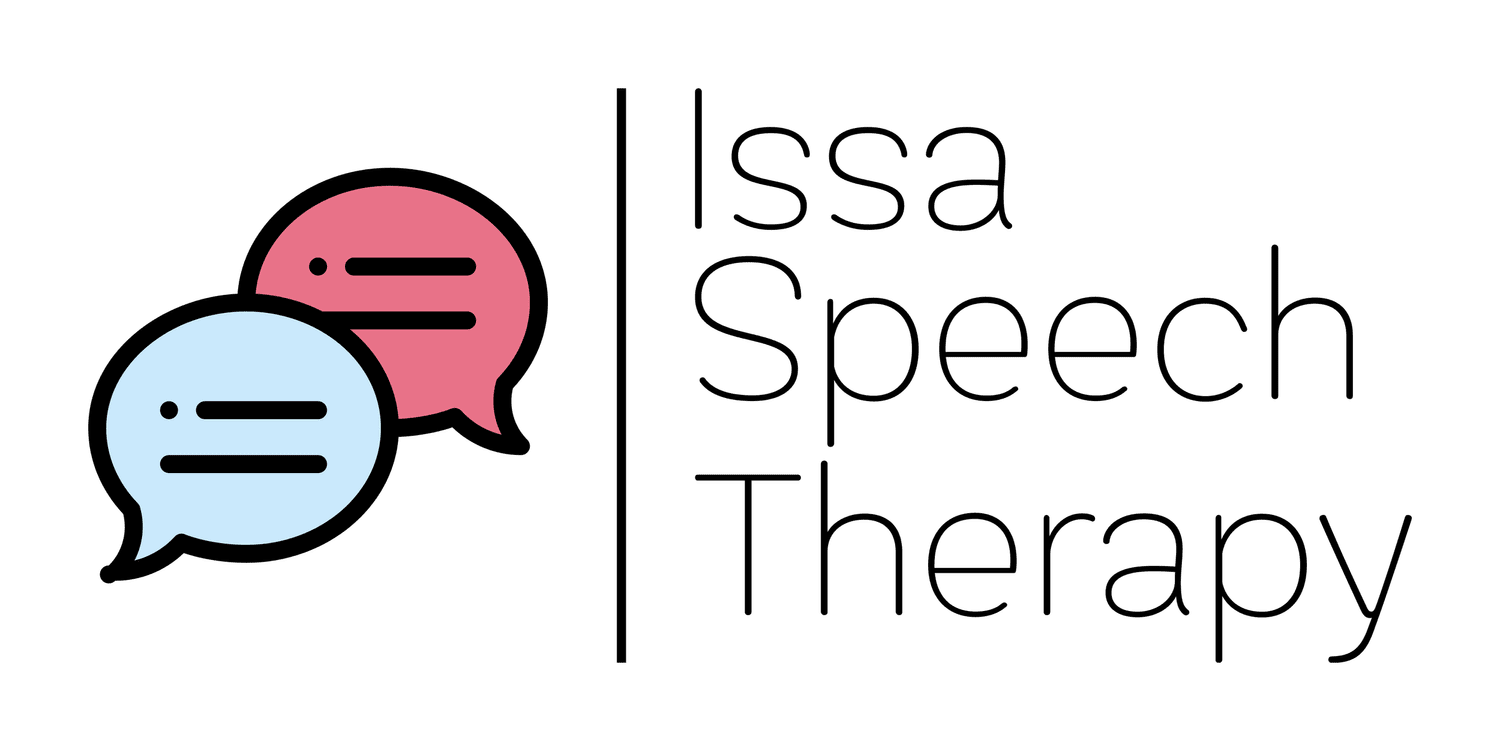
Screenings

What Are Screenings?
Screenings refer to a brief assessment or evaluation that is used to identify whether an individual may have a speech, language, or communication disorder. Screenings are typically used as a first step in the assessment process to determine if a comprehensive evaluation is necessary.
During a screening, a speech-language pathologist (SLP) may conduct a brief observation or ask the individual questions to assess their communication skills. The SLP may look for signs of speech sound errors, language delays or disorders, voice disorders, fluency disorders, or other communication difficulties.
If a concern is identified during a screening, then a comprehensive evaluation is conducted to formulate a treatment plan and develop goals for therapy sessions.
Contact us to inquire about pricing. Insurance does not cover screenings.
What’s Included
Case History
Gathering information about the client’s developmental history, including milestones, family background, and any concerns you may have. This helps the SLP understand the client’s unique context.
Informal Assessments
The SLP may use informal assessments, such as language sampling or a quick articulation assessment, to gather more information about the individual's communication skills.
Observation
The SLP may observe the individual's communication skills during conversation, play, or other activities. The SLP may look for signs of speech sound errors, language delays or disorders, voice disorders, fluency disorders, or other communication difficulties.
Parent/Caregiver Interview
Engaging in conversations with you to gain insight into your observations, concerns, and goals for the client’s communication development. Your input is essential in understanding the individual’s communication needs fully.
Results and Recommendations
Based on the results of the screening, the SLP may provide recommendations for further assessment or intervention, or refer the individual to another professional if necessary.
